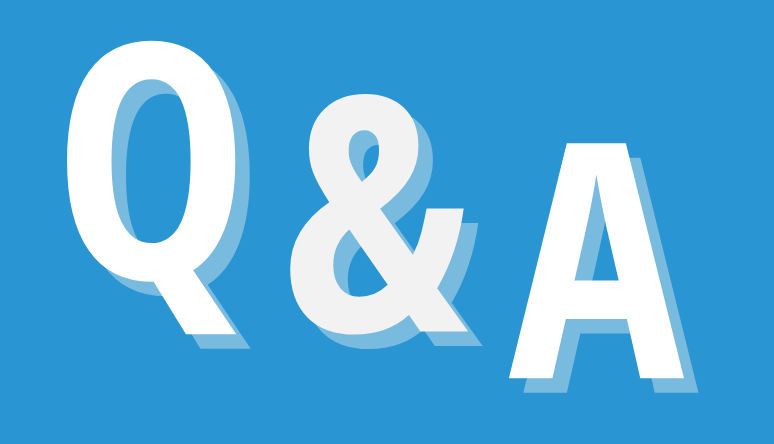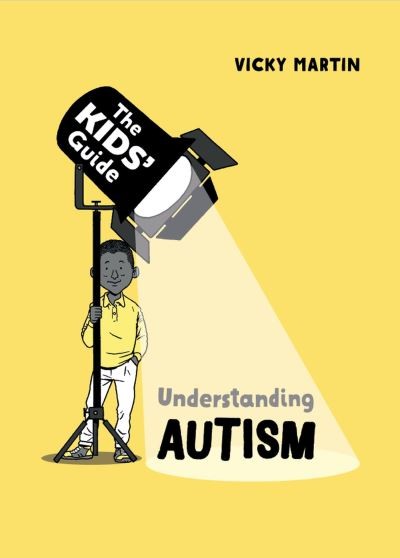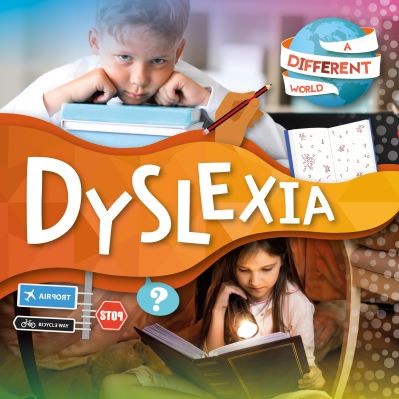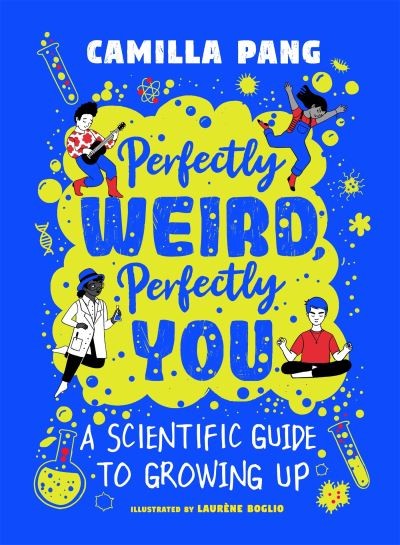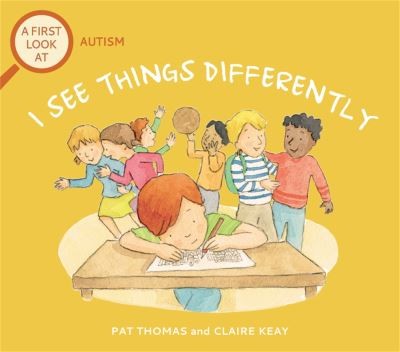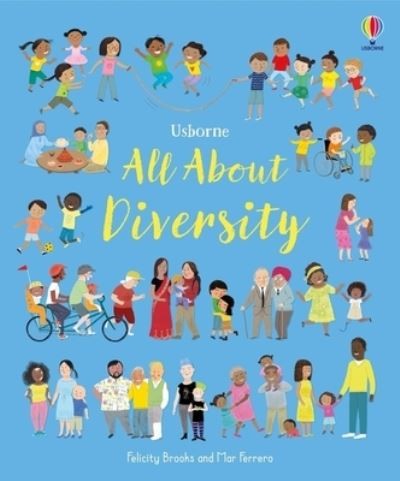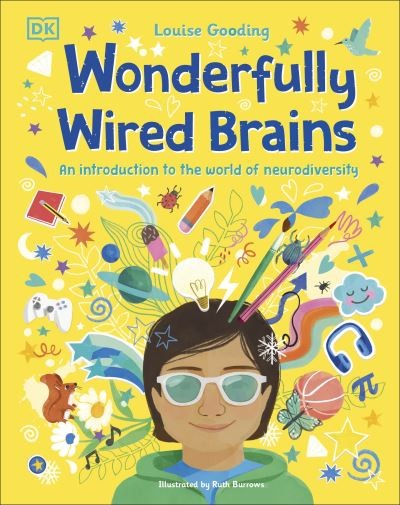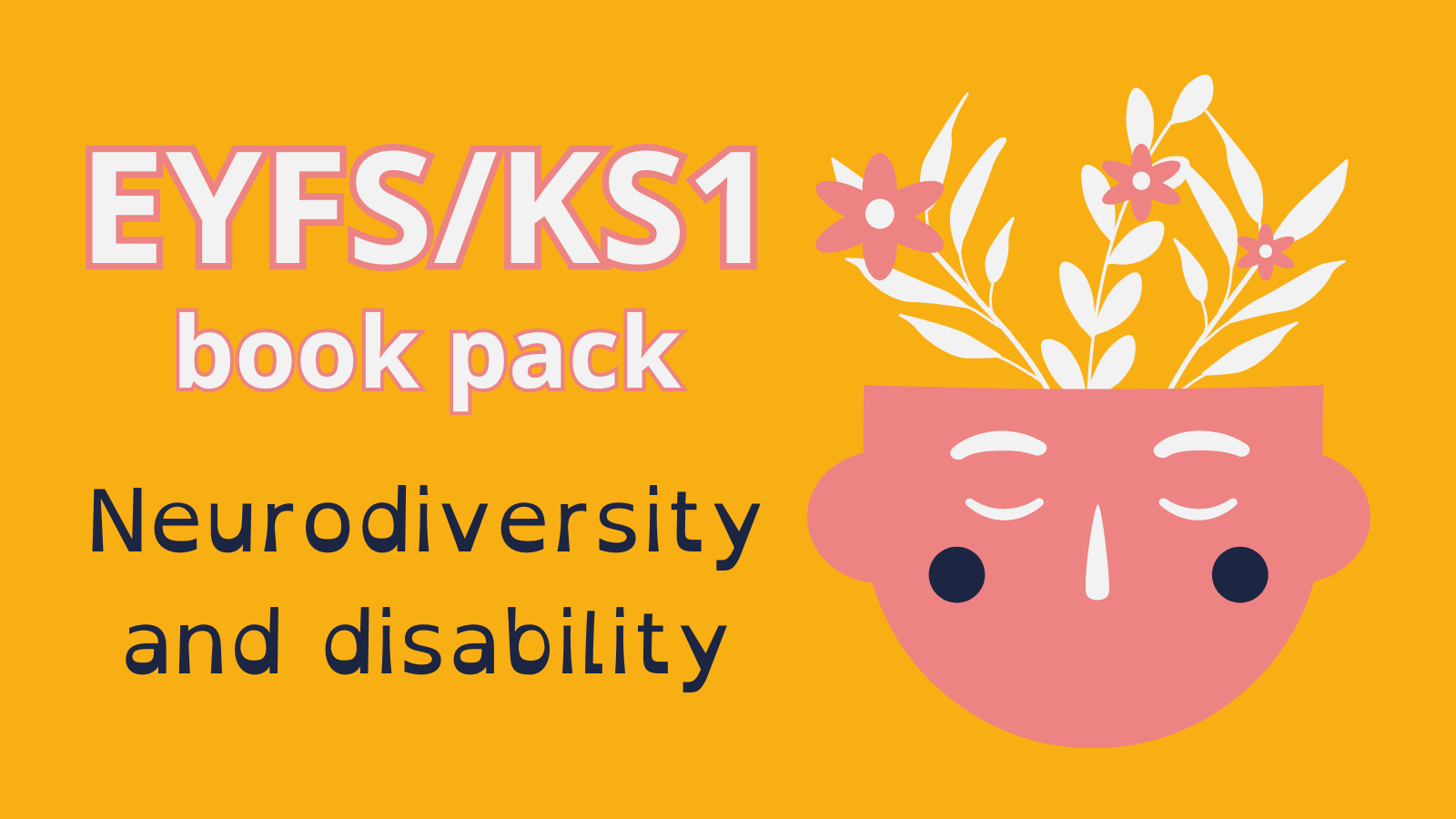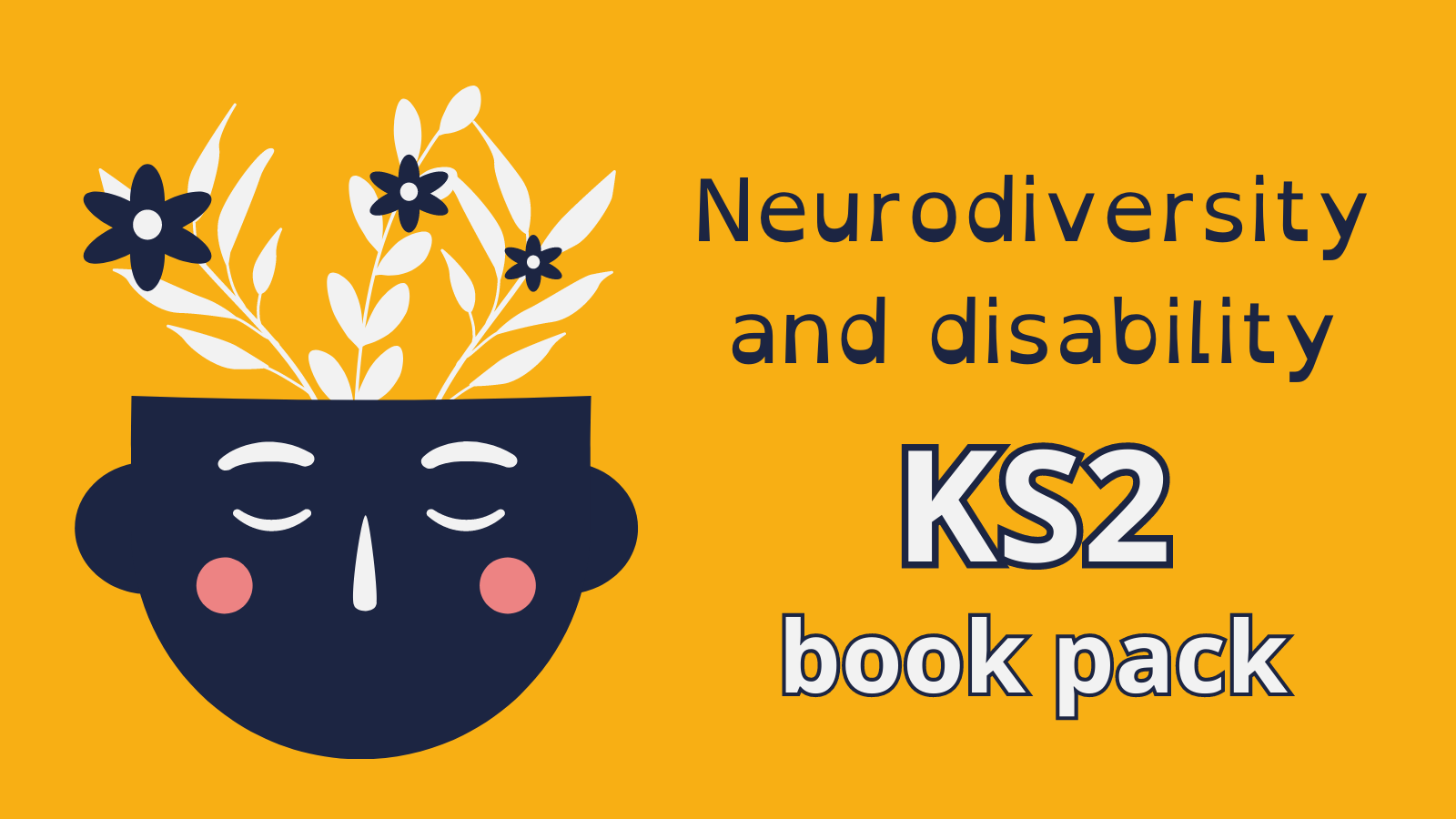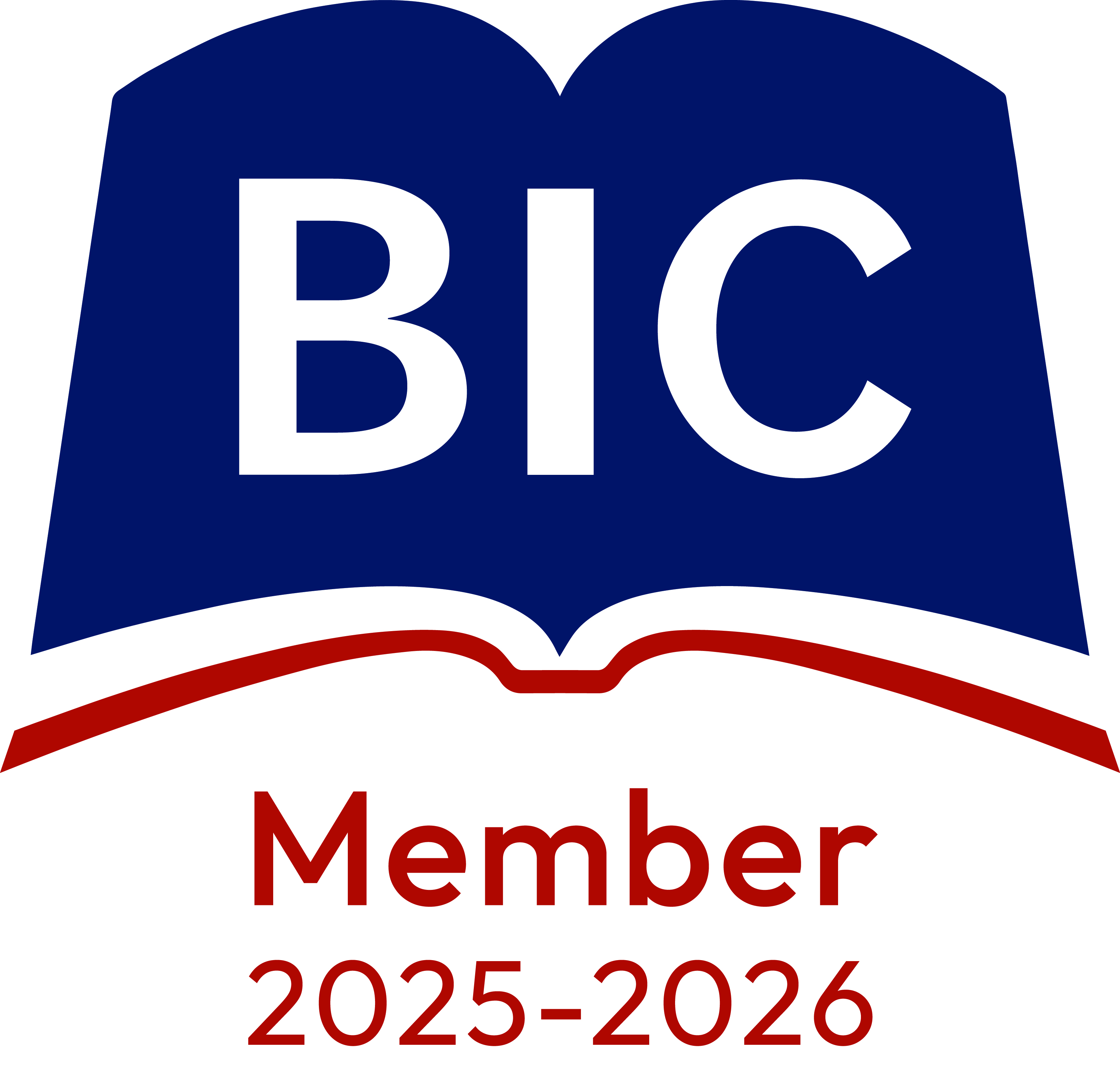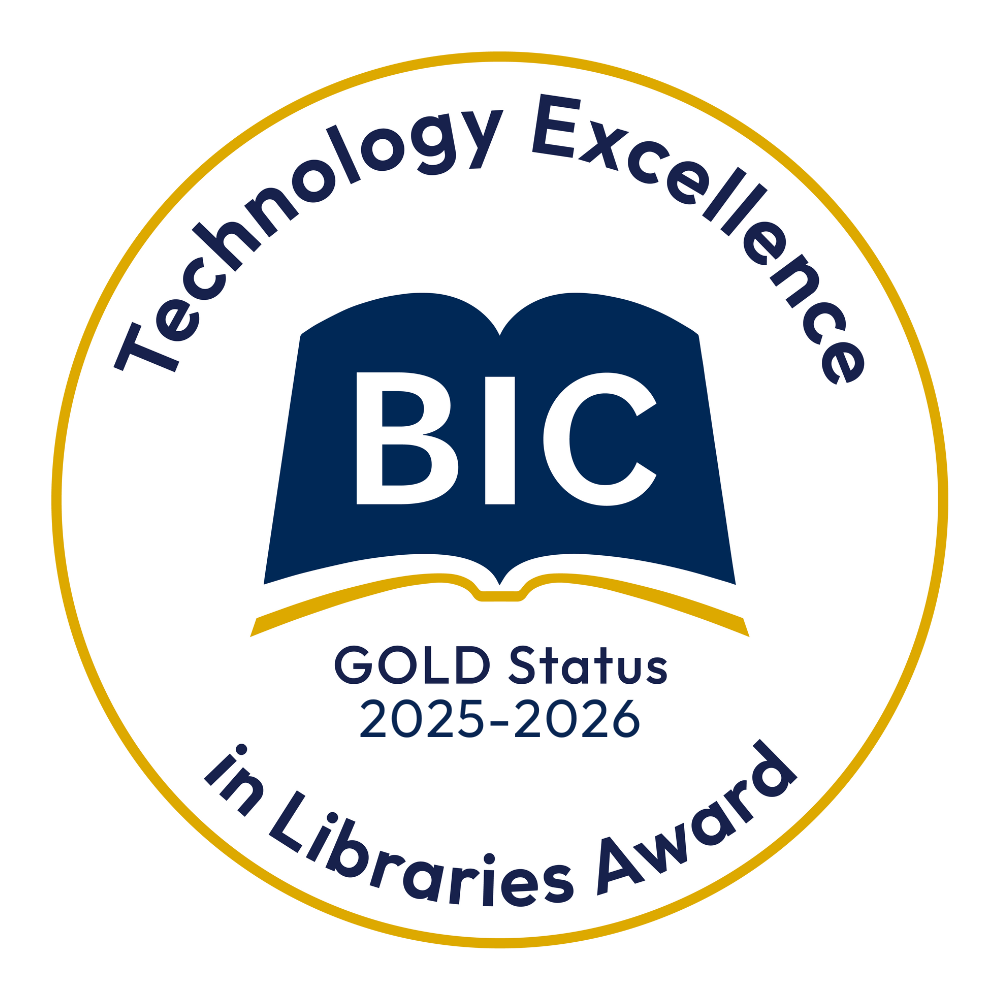For help, advice and telephone ordering call our team on 0121 666 6646
Are you sure you wish to delete this basket?()
This action cannot be undone.
Sorry, something went wrong
Please report the problem here.
Neurodiversity: exploring wonderfully wired brains with author Louise Gooding
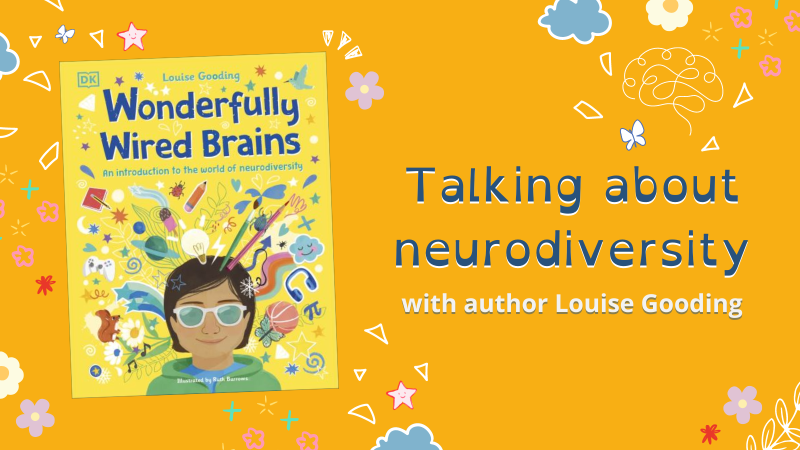
June 17th 2023
Whether it's well-written neurodivergent protagonists or real-life experiences told by neurodiverse individuals, positive and accurate representations of neurodiversity can help to promote self-acceptance in neurodivergent children. They can also help build better understanding and knowledge amongst their peers, making them great resources for PSHE. One such title is Wonderfully Wired Brains, an inclusive guide introducing children to the world of neurodiversity. We caught up with the author, Louise Gooding, about the importance of accessible representation in children's books, as well as her own experience of being neurodivergent.
|
|
with author Louise Gooding |
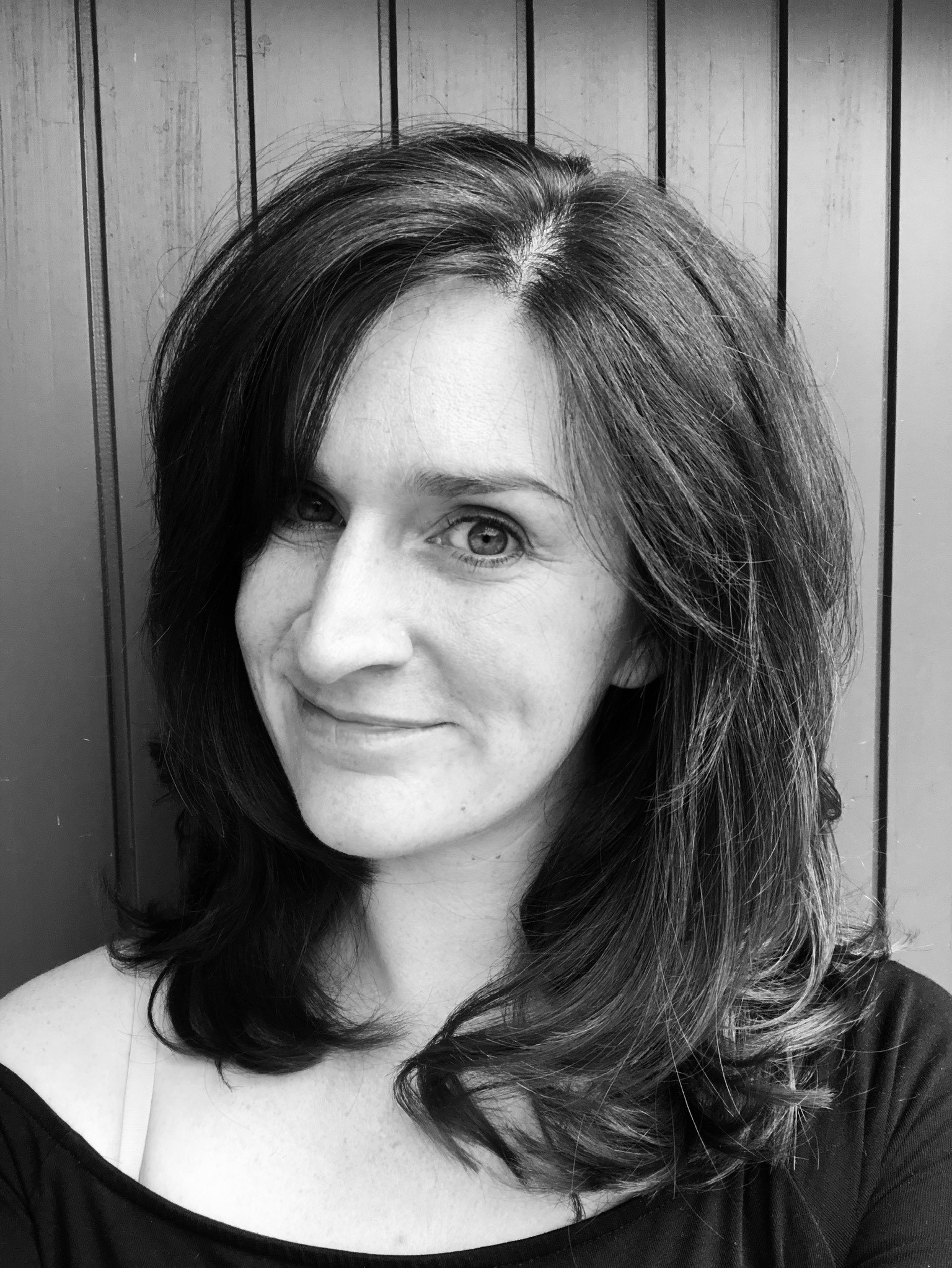 |
Louise Gooding | Author Inspired by her own experiences of ADHD, Louise started writing children's books about issues such as mental health, disability, and neurodiversity. She is a facilitator for the organisation Uncommon Minds, which hosts online courses and summer schools specifically for neurodivergent children in KS3. Through her writing and her workshops, Louise is passionate about supporting neurodivergent children and advocating for neurodivergent voices in children's publishing. |
What inspired you to write Wonderfully Wired Brains?
I was diagnosed as neurodivergent as an adult soon after my own children received their own diagnosis. I kept picking up books to try and find easy ways to discuss what being neurodivergent meant and discovered there were no books out there aimed at children and the books I was picking up aimed at adults were, at least for me, not very neurodivergent-friendly to read.
I wanted something that could break down the subject into easily digestible facts and address that neurodiversity isn’t just a ‘new thing’ after being very abruptly told that ‘everyone seems to be ND nowadays’. It was a topic I wanted to understand first and foremost myself, but I knew I couldn't be the only one out there wanting something that dived into this topic in a fun and friendly way. I was extremely lucky to find the team at DK ready and raring to go with supporting me to create such a book, and so, here we have Wonderfully Wired Brains.
How difficult was it to take such a complex subject matter and make it accessible for 7-9 year olds?
I think as I am a highly excitable person, everytime I discover a new fact or piece of information, I would get very animated and find myself blurting out ‘did you know’ facts to anyone in my general vicinity. If i’m honest, I am often put off by overly technical lingo, it’s a bit too much for me and my own wonderfully wired brain, and I find it rather inaccessible. Why should complex subjects be, well, so complex? Why weren’t they being broken down so everyone could have access and the ability to start to really understand the basics?
Because my background is in children’s entertainment, the most difficult part wasn’t breaking it down to be kid-friendly or working with kids. The hardest part was actually all the reading and researching I had to do, especially diving into those non-neurodiverse-friendly books I mentioned before. My own wonderfully wired ADHD brain would occasionally switch off, but luckily for Wonderfully Wired Brains, it would often get distracted with a new shiny and exciting bit of information I could fit in the book elsewhere!
More accessible non-fiction on neurodiversityOur neurodiversity and physical disability book packs for EYFS/KS1 and KS2 can supplement and inspire your ongoing support for neurodivergent children, as well as encourage empathy-building within your wider school community. You can also explore our Neurodiversity & SEND book lists.
|
Who’s your neurodiverse hero and why?
I have many people I admire, so choosing one is SUPER hard. I am going to shout out Judy Singer though because she is the one that started the neurodiversity movement and coined the term neurodiverse. She worked so hard to bring neurodiversity understanding, acceptance and awareness to light and continues to do so today. She often doesn’t get the spotlight she deserves and is a wonderful advocate, campaigner and supporter of the neurodiverse community. We need people like Judy to help raise awareness and continue to educate others on neurodiverse issues.
What's your favourite brain fact?
I got very excited to learn that leeches have 32 brains. 32! What on earth are they doing with 32 brains? Can you imagine what we could do with 32 brains? I mean, the one we have is pretty epic, but think of the possibilities!
What’s next for you?
Well, I don’t know yet. I have a heap of topics I want to explore! From body stuff to the weird, wacky and even spooky stuff, I am ready to go!
Represent the experiences of your neurodivergent pupils in your library and on your classroom shelves:
📚 READ NEXT: DISABILITY, ROLE MODELS AND HUMAN BIONICS WITH AUTHOR PATRICK KANE

